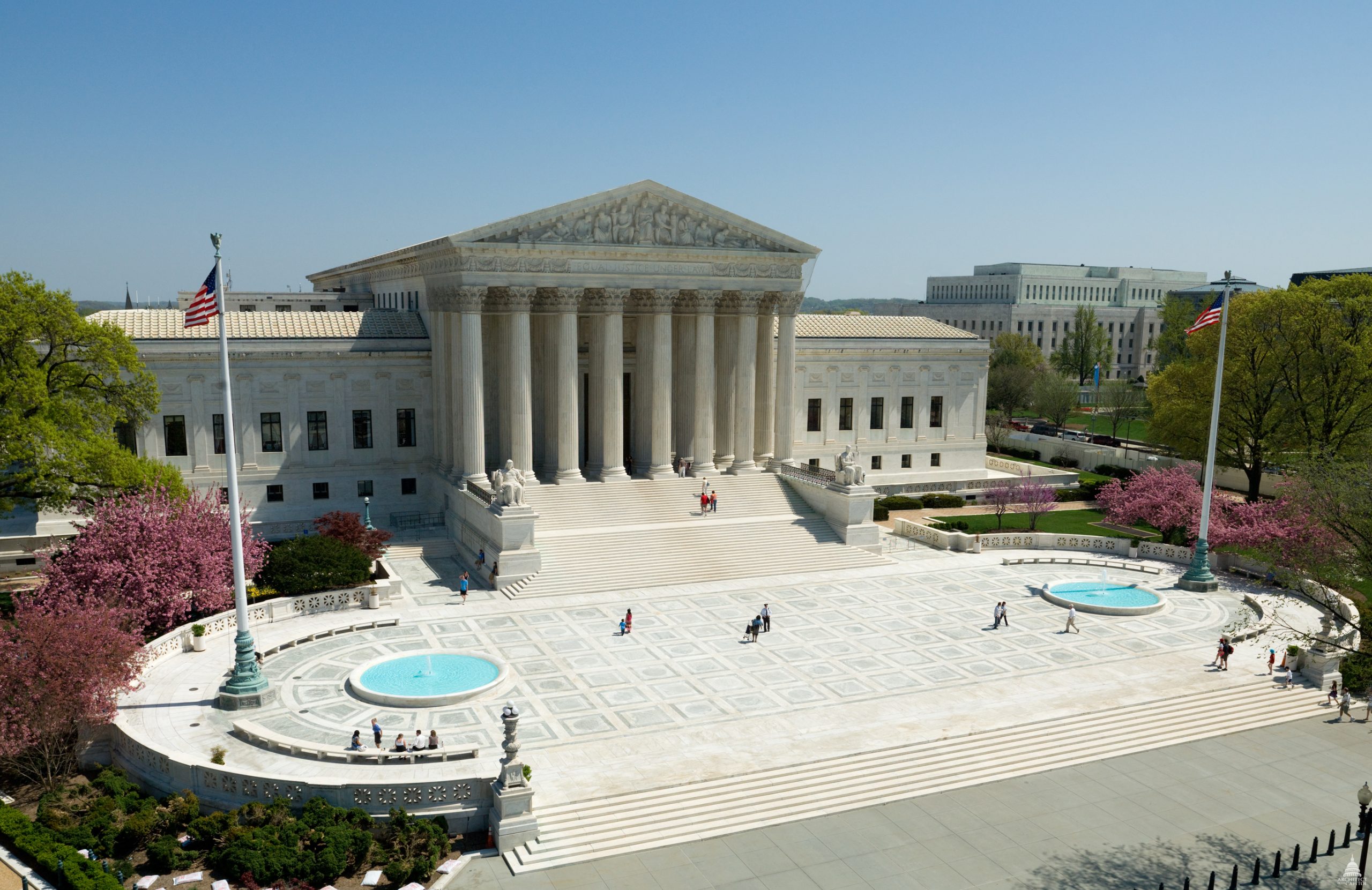Washington, D.C. — On Wednesday, the U.S. Supreme Court ruled 6–3 in favor of a Tennessee law that prohibits the use of certain medical treatments—such as puberty blockers, hormone therapy, and gender-transition surgeries—for minors seeking to medically transition their gender.
The majority opinion, delivered by Chief Justice John Roberts, held that the law does not violate the U.S. Constitution and falls within the state’s authority to regulate medical practices in the interest of protecting the health and welfare of minors.
The Tennessee law, known as Senate Bill 1 (SB1), was signed into law by Governor Bill Lee in March 2023. It bans healthcare providers from administering hormone therapies, puberty blockers, or gender-affirming surgeries to individuals under the age of 18 for the purpose of gender transition. Exceptions are allowed for treatment of other diagnosed medical conditions, including precocious puberty or other hormonal disorders.
The ruling came in the case United States v. Skrmetti, in which the American Civil Liberties Union (ACLU), joined by the Biden administration, challenged the constitutionality of SB1. The plaintiffs included a Tennessee family whose teenage child identifies as transgender. They argued the law constituted sex-based discrimination in violation of the 14th Amendment’s Equal Protection Clause.
However, the Court’s majority concluded that Tennessee’s law meets the constitutional threshold of rational basis review, which is typically applied when a law does not involve a suspect classification or fundamental right. The justices found the state had a legitimate interest in regulating medical procedures involving minors, especially when those procedures carry risks such as infertility, long-term health effects, and psychological outcomes that are not yet fully understood.
Citing legislative findings and medical reviews—such as the UK’s Cass Review and recent decisions by England’s National Health Service to limit similar treatments—the Court emphasized that there is ongoing debate among experts about the safety and long-term impacts of gender-transition procedures for minors.
Justice Roberts wrote that, while some treatments—like hormone therapy—may carry similar risks regardless of diagnosis, the law’s limitations are specifically focused on treatments administered for gender dysphoria and related conditions, not for other medical purposes.
The Court also distinguished this case from Bostock v. Clayton County (2020), a landmark ruling that held gender identity and sexual orientation are protected under federal employment discrimination law. The Court clarified that SB1 applies regardless of a minor’s gender identity and is based on medical diagnosis, not personal identity.
Justice Samuel Alito agreed with the majority’s outcome but expressed reservations about the legal reasoning in the opinion. The three dissenting justices—Sonia Sotomayor, Elena Kagan, and Ketanji Brown Jackson—argued that SB1 unlawfully discriminates based on sex and gender identity.
Tennessee Attorney General Jonathan Skrmetti, the named defendant in the case, welcomed the ruling, stating that it reaffirms states’ longstanding authority to regulate medical practice and protect minors. “We regulate medicine all the time,” Skrmetti said in an interview. “The existence of two sexes shouldn’t prevent states from acting in children’s best interests.”
The ACLU expressed disappointment in the decision and indicated it would continue to pursue legal avenues to challenge similar laws in other states. Over 20 states have passed legislation restricting gender-affirming care for minors in recent years, amid an ongoing national debate over the issue.
While the ruling does not create a nationwide ban or endorsement of similar laws in other states, it establishes that such legislation may withstand constitutional scrutiny under current legal standards, potentially influencing future court battles over transgender healthcare and minors’ rights.



